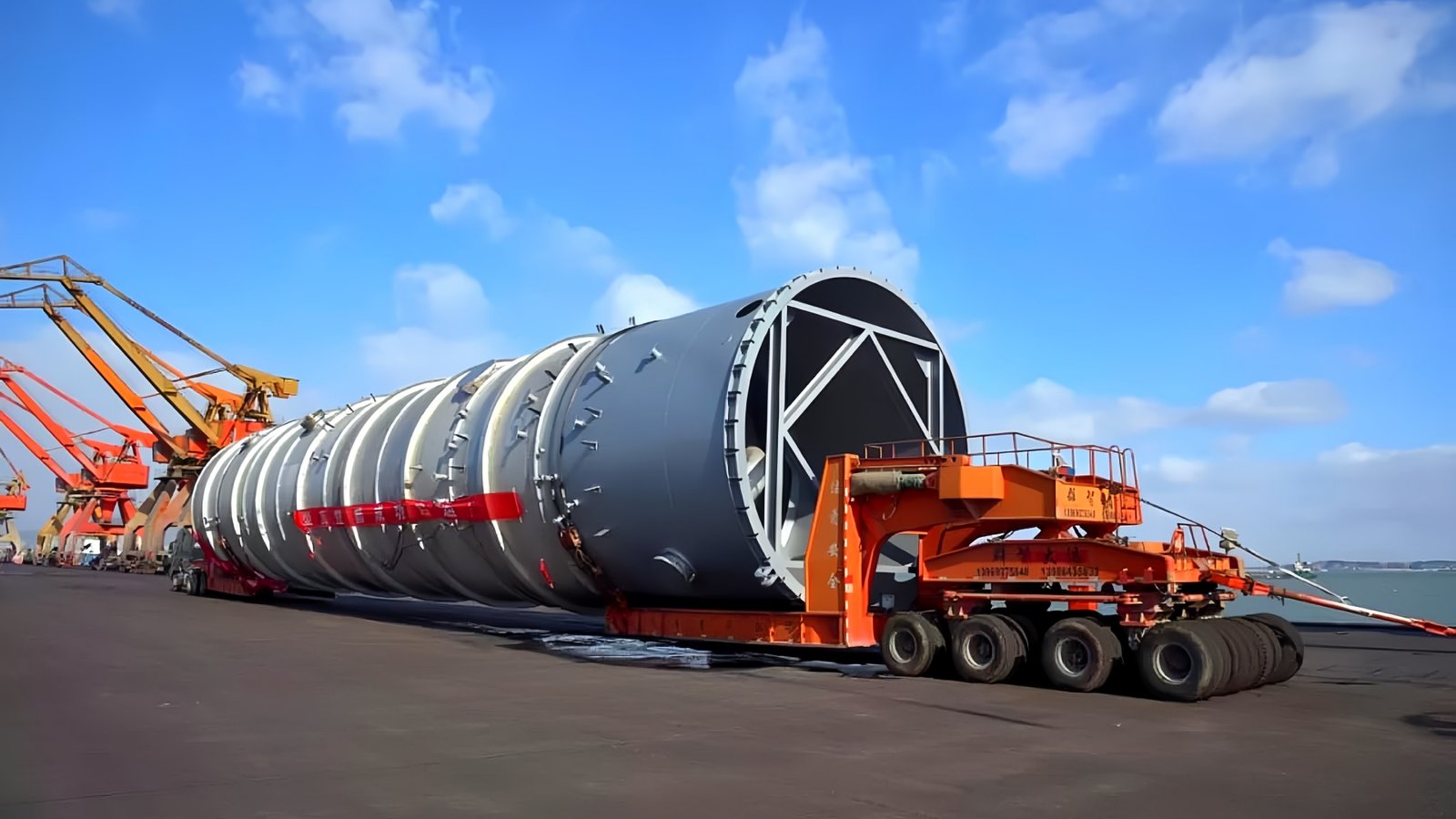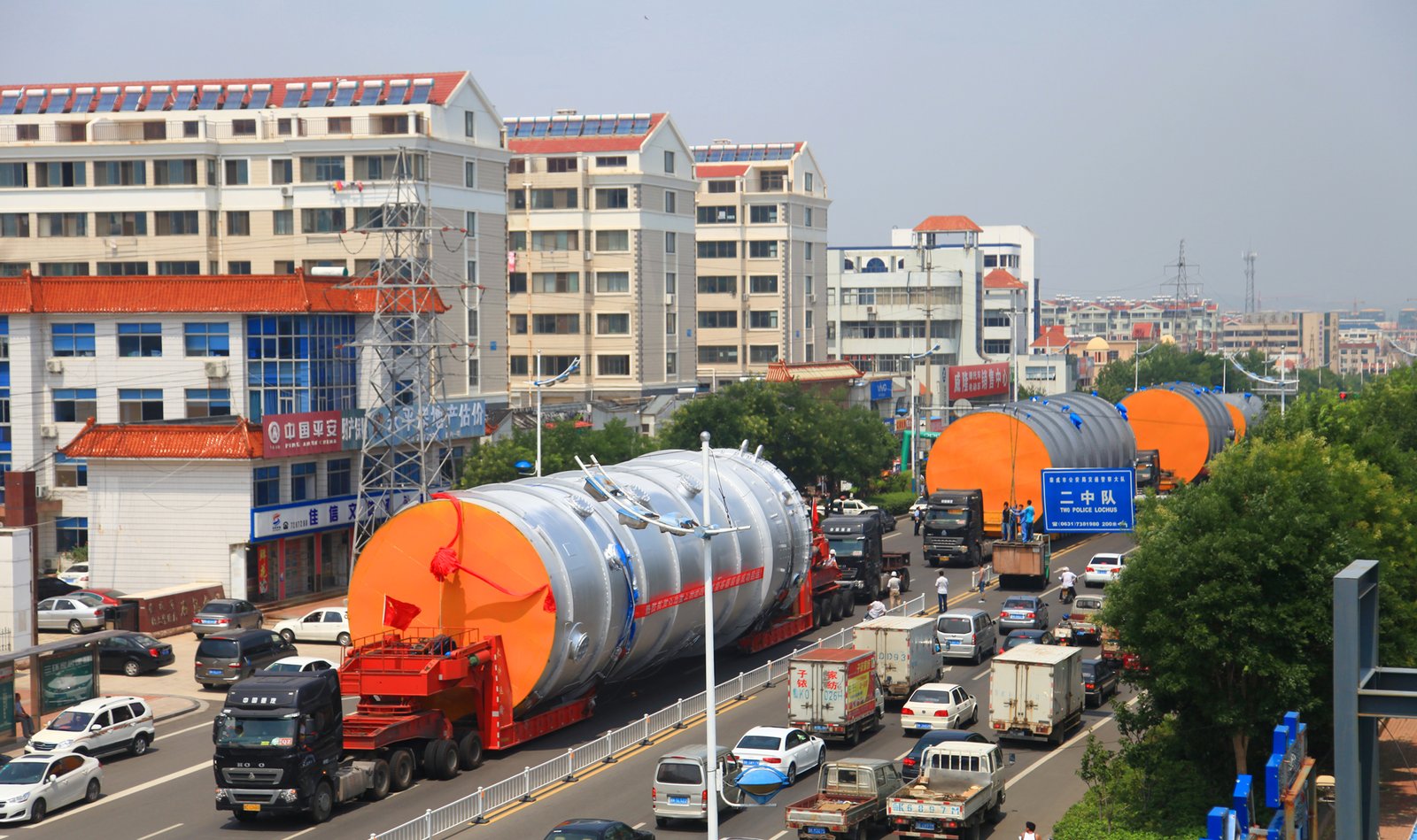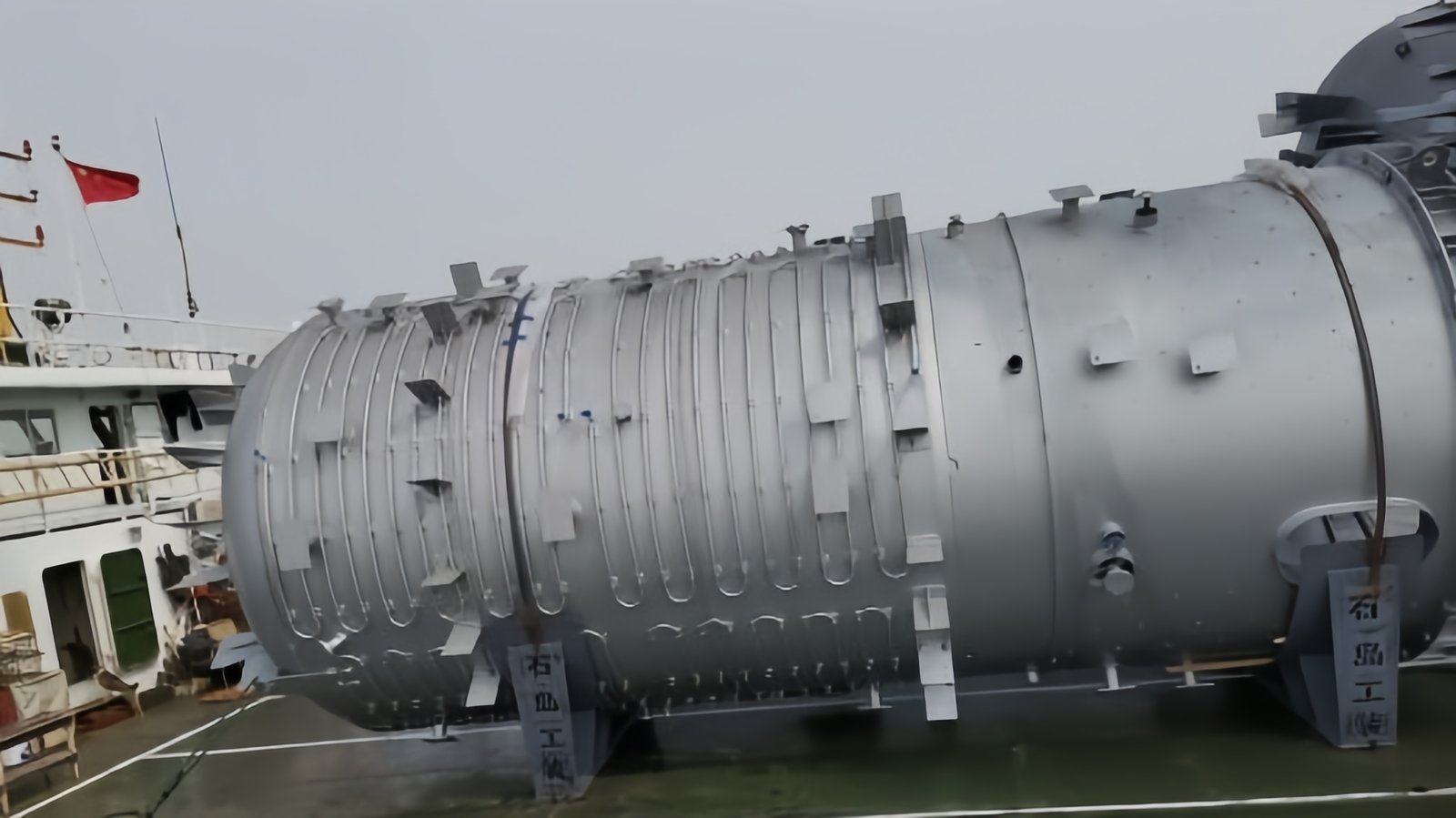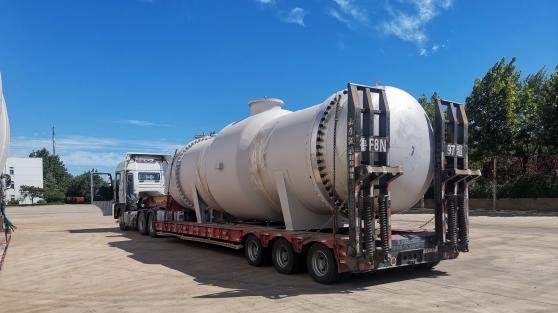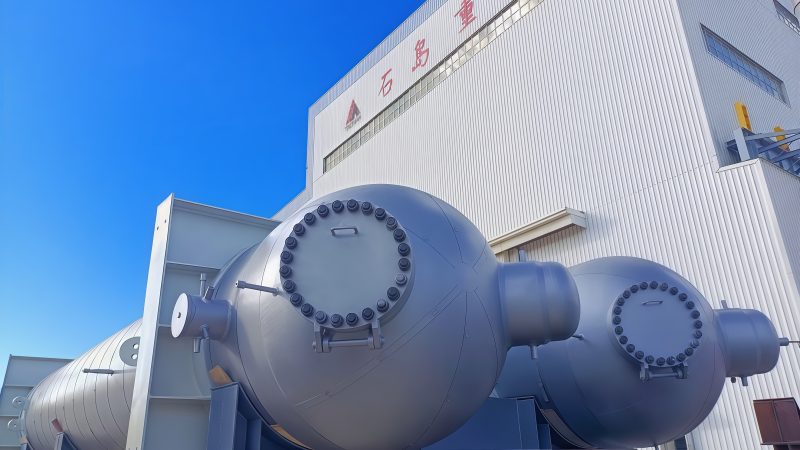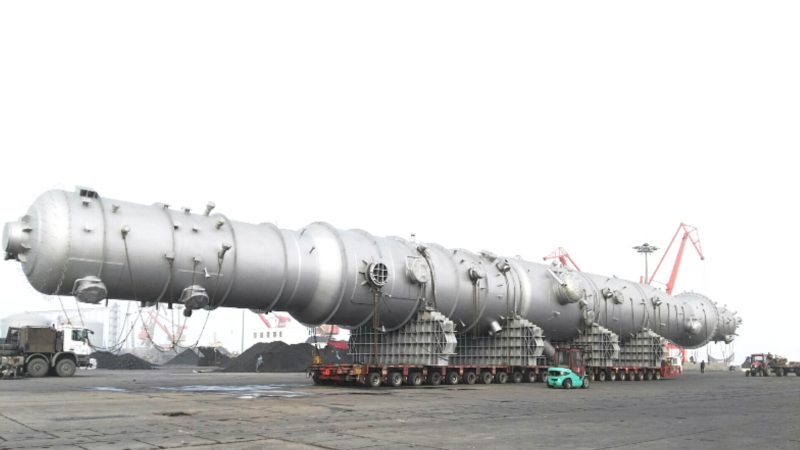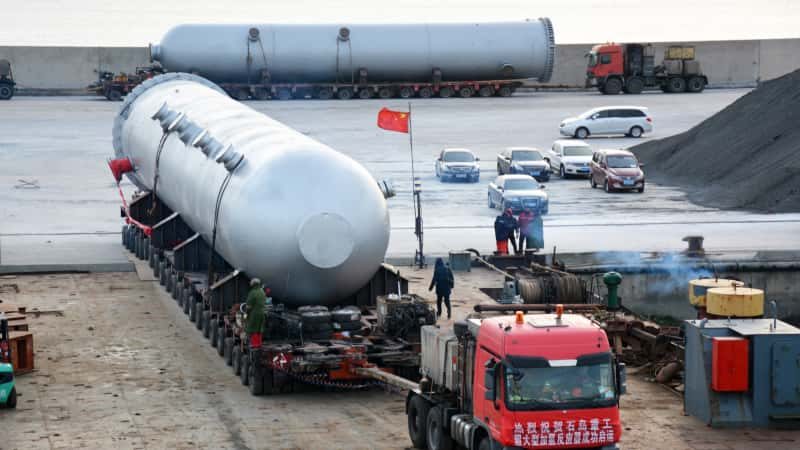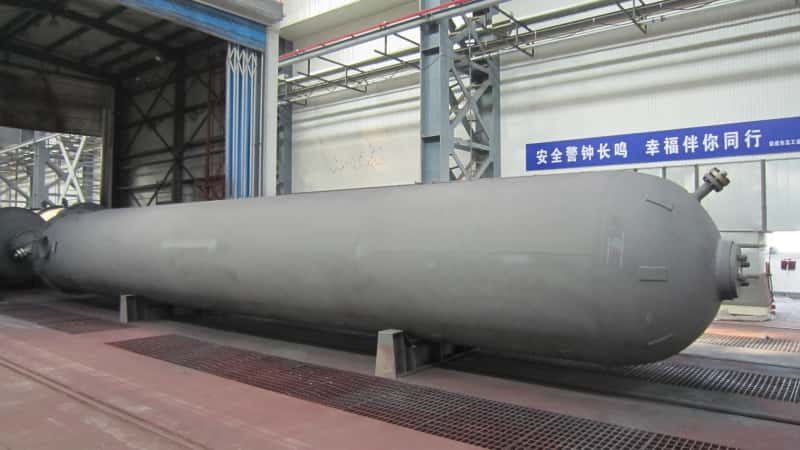A failing heat exchanger can lead to energy losses, system inefficiencies, and dangerous issues like carbon monoxide leaks in HVAC or process failures in industrial systems. Replacing a damaged or corroded heat exchanger is often necessary to restore performance and safety—but many owners are shocked by the wide price range. So, how much will it really cost? The answer depends on system type, size, labor rates, material, and whether it’s residential or industrial. This article breaks it all down in detail.
Residential HVAC Heat Exchanger Replacement Costs
Cost Breakdown
For residential furnace or central HVAC systems, the heat exchanger is often embedded in a gas furnace. The replacement process involves significant disassembly and reassembly.
| Item | Typical Cost (USD) |
|---|---|
| Replacement Heat Exchanger | \$400 – \$1,200 |
| Labor (3–6 hours) | \$600 – \$1,500 |
| Diagnostic & Inspection Fee | \$100 – \$200 |
| Total Estimated Cost | \$1,100 – \$3,500 |
Factors Affecting Cost
- Brand/Model Compatibility: OEM parts for Carrier, Trane, Lennox can be more expensive than universal parts.
- Material: Stainless steel heat exchangers last longer but cost more.
- Efficiency: High-efficiency condensing systems often use complex dual heat exchangers.
- Age of System: Older systems may require retrofitting or special adapters.
Real Case Example
Industrial or Commercial Heat Exchanger Replacement Costs
Shell and Tube, Plate, Spiral, Air-Cooled Systems
For manufacturing plants, power stations, chemical refineries, and food processing units, heat exchangers vary greatly in size, material, and operating parameters.
| Heat Exchanger Type | Replacement Cost Range |
|---|---|
| Shell & Tube (medium scale) | \$10,000 – \$50,000 |
| Plate (gasketed or welded) | \$5,000 – \$30,000 |
| Spiral | \$20,000 – \$60,000 |
| Air-Cooled (ACHE) |
Cost Factors
- Material: Stainless steel, Inconel, titanium are common for chemical resistance, each escalating cost.
- Design Complexity: Multi-pass, baffled, or dual-service exchangers cost more.
- Regulatory Compliance: ASME-coded pressure vessels may require certified welders and documentation.
- Downtime Costs: Lost production time during replacement may exceed the hardware cost.
Example Cost Table: Industrial Shell and Tube
| Component | Estimated Cost (USD) |
|---|---|
| Heat Exchanger Unit | \$18,000 – \$40,000 |
| Engineering & Redesign | \$2,000 – \$10,000 |
| Installation & Labor | \$8,000 – \$20,000 |
| Transport & Lifting | \$1,000 – \$5,000 |
| Total | \$29,000 – \$75,000 |
Titanium heat exchangers are cheaper than stainless steel.False
Titanium is significantly more expensive due to its corrosion resistance and specialized fabrication.
Key Considerations Before Replacing
Inspection First
Always start with a non-destructive inspection (NDT), such as ultrasonic, dye penetrant, or eddy current testing. It may reveal whether repair or cleaning is possible instead of replacement.
Repair vs. Replacement Decision Tree
| Condition | Action |
|---|---|
| Minor scale/fouling | Cleaning only |
| Localized crack in tube | Tube plugging possible |
| Pitting or corrosion in shell | Replace entire shell |
| Multiple tube failures | Replace tube bundle |
| Structural deformation or code issues | Replace full unit |
You should always replace a heat exchanger when it's more than 10 years old.False
With proper maintenance and cleaning, many exchangers last 15–25 years, especially industrial models.
Ways to Reduce Cost
- Bundle Replacement: In shell-and-tube systems, replacing just the tube bundle can cut costs by 40–60%.
- Refurbished Units: Some suppliers offer remanufactured exchangers with warranties.
- Off-Peak Installation: Scheduling during plant downtime avoids lost production revenue.
Example: Cost Comparison by Material
| Material | Durability | Corrosion Resistance | Cost Index (1–10) |
|---|---|---|---|
| Carbon Steel | Moderate | Low | 3 |
| 304 Stainless | High | Moderate | 6 |
| 316 Stainless | Higher | High | 7 |
| Titanium | Excellent | Extreme | 10 |
| Inconel/Nickel | Extreme | Extreme | 9 |
Carbon steel is always the cheapest material for heat exchangers.True
Carbon steel offers low material cost but is less corrosion resistant than stainless or alloy materials.
Conclusion
📞 Need a Replacement Heat Exchanger Quotation?
Whether it’s residential or industrial, contact our engineering team today for a fast, accurate cost estimate and expert consultation. We custom-build and replace all types of heat exchangers at competitive prices with guaranteed quality.

